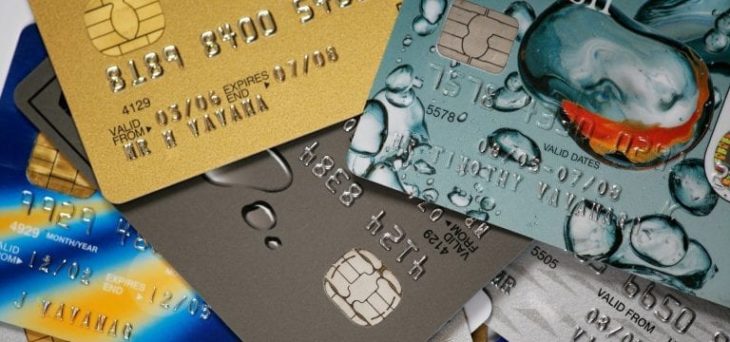You can never be too young to learn the value of money. In fact, parents are urged to teach their children money lessons as early as possible. Developing reliable financial habits all through your teenage years will set you up for a better, more financially solvent future.
Everyone has their own way of dealing with money matters. That said, there are universal principles when it comes to personal finance. If you’re just about to turn 20 (or even if you’re already enjoying your 20s),
here are money tips you need to practice:
Contents
Learn to be fluent in the credit card language.

source: cntravellerme.com
Credit cards have a bad rep. When people see a credit card, most of them would think of a mountain of debt or headache-inducing financial obligations. But, in reality, there are tons of upsides in owning a credit card. You can pay for a product or a service if you don’t have cash at hand. If you’re in dire need of money, a cash advance on your credit card can save the day. And possibly the most important of all, a credit card can help you build a solid credit score and a good credit ranking.
The main thing about having a credit card is being responsible. Just because you have the means to pay for something fast doesn’t mean you can swipe your card anytime you want. It’s also better to pay off your debt in full to avoid penalty fees and higher interest rates.
Monitor your spending.

source: getmeabettercar.com
When you keep track of your money – the ones you’ve saved and the ones you’ve spent – it’ll be easy to see if you’re cautious or careless with your finances. It’s important to monitor your spending so you know where your money is going. This is particularly necessary if you already have a job. Tracking your money will let you effectively budget your income.
There are a variety of ways to monitor your finances. You can do the traditional route of jotting down your expenses with a pen and paper. You may use Excel or Google Sheets. You can also use apps that are specifically designed for such things. Choose whichever works for you. And then once or twice a month, have a date with your notebook/app so you can review your finances.
Watch out for extra charges.

source: kiplinger.com
If you’re working and studying at the same time, chances are you still aren’t making a lot of money. This is also true even if you opted to skip college to work full time. As such, you should be mindful of unnecessary fees.
When you open an account in your local bank, choose a student checking account that has cheaper monthly minimums than standard accounts. Learn how to do your banking online and do virtual transactions as often as possible. Generally, an online account doesn’t have a monthly minimum requirement.
According to Muhammad Imran, an app consultant and the editor at on air story, you can try to shop at stores that have student discounts. There are also restaurants that offer a price cut for teens. Check reimbursement programs in your campus to see how you can further avoid incurring extra expenses.
Be smart with your loans.
source: bowaterecu.orgIssues with – or worse, the lack of – money happen. There will be situations that will require you to spend cash that you currently don’t have. When this happens, getting a loan is an effective solution.
Being in debt may not be the best answer, but it fixes the problem at hand. It’s not the most ideal because loan interests are usually expensive. For instance, the interest rate of credit card cash advance is rarely low. But if the most viable option is a loan, do your research first before borrowing. If you’re getting a cash advance, make sure to compare different loan providers’ interest rates. There are also tons of cash advance apps available that you can use to make accurate comparisons. Be smart with your loan so you won’t be in debt for a long time.
Spending your own hard-earned money is fun because it gives you a sense of pride and independence. But it’s easy to get caught up in the process. It’s important that you learn to say no to yourself every now and then. Figure out what you really need from all the things that you want. Indulge yourself occasionally, but for the most part, being smart with your finances as early as today will serve you well in the future.
